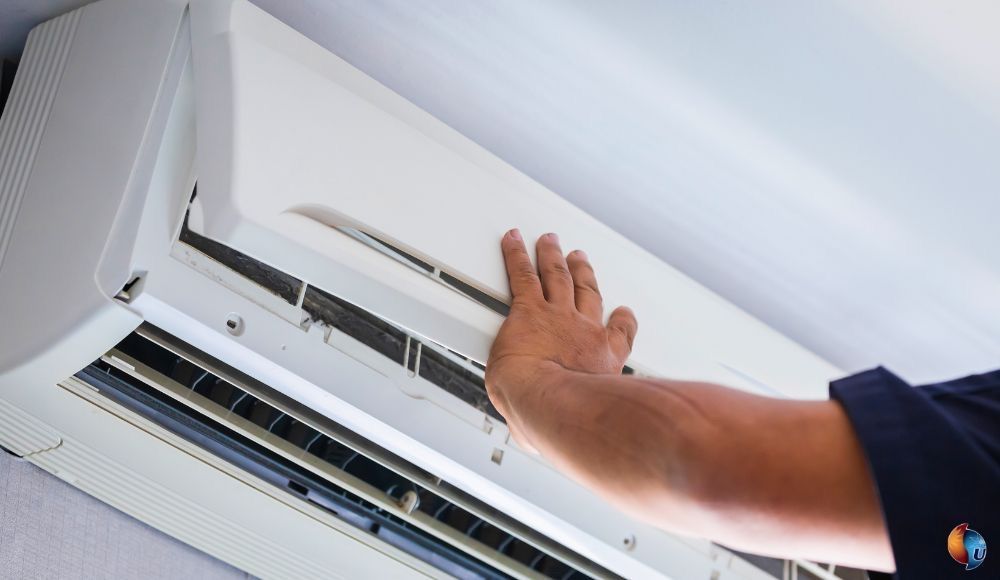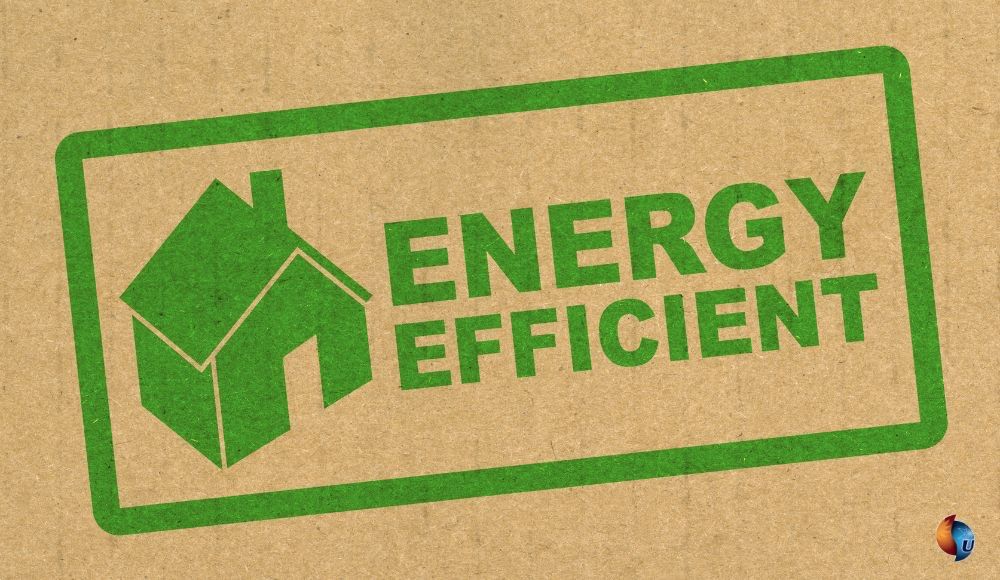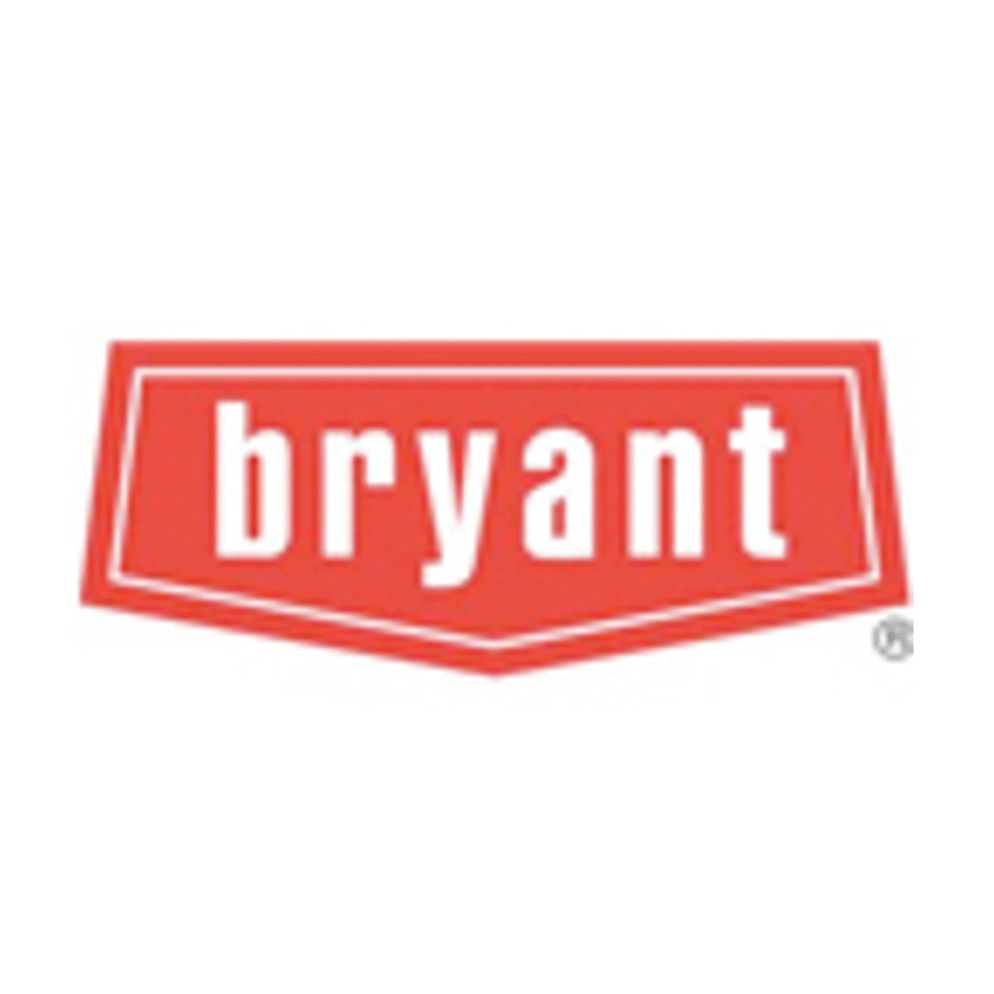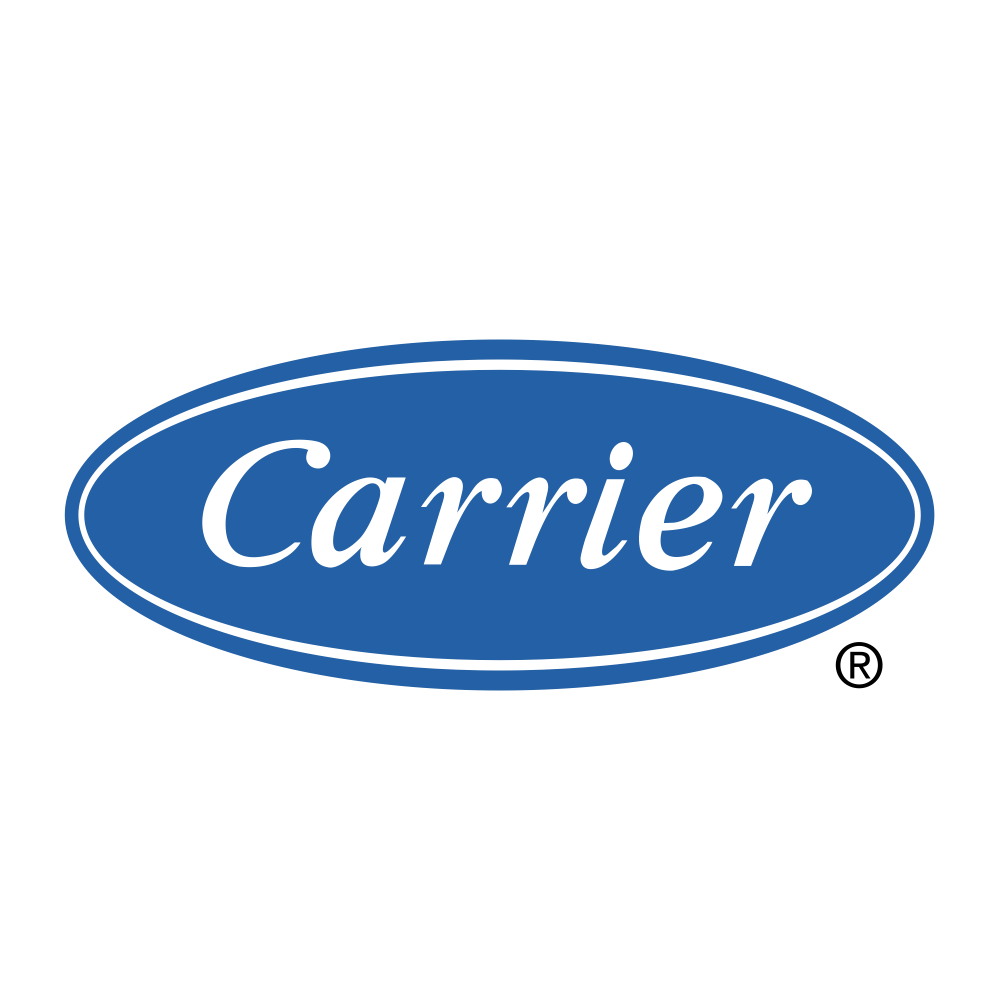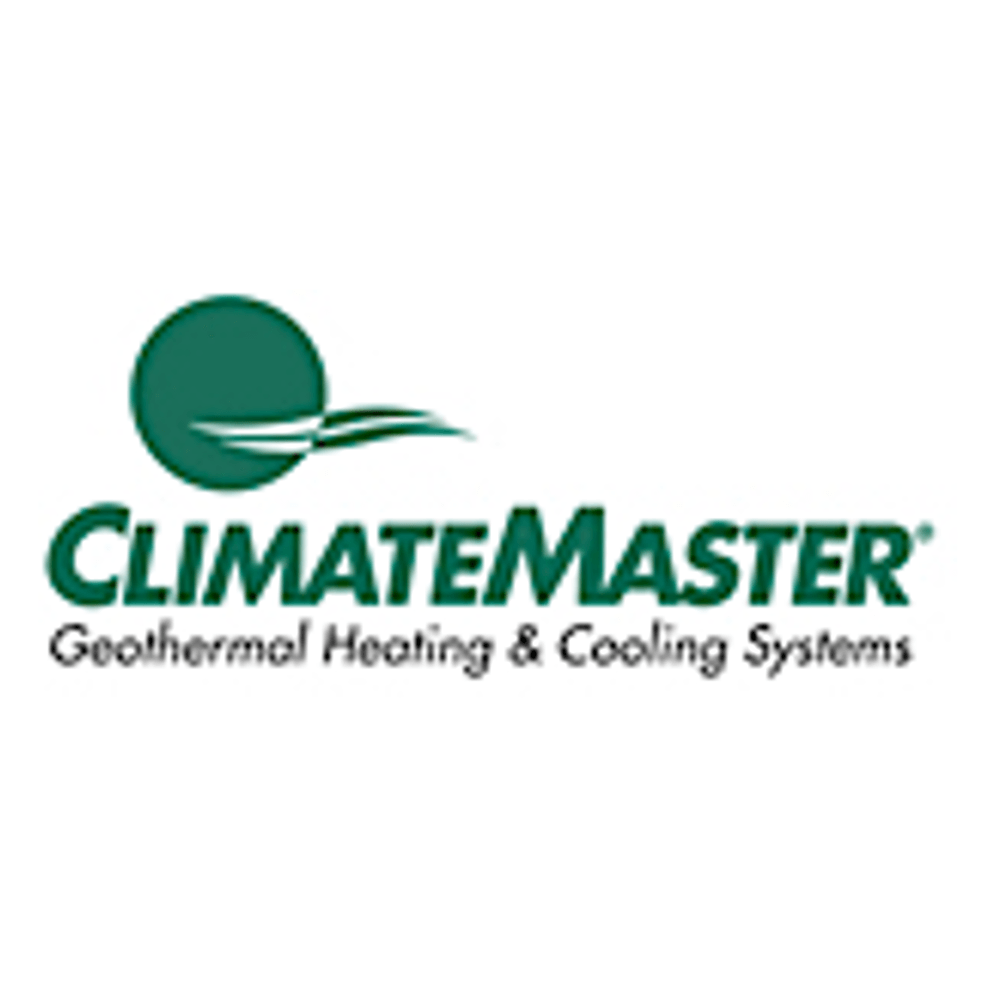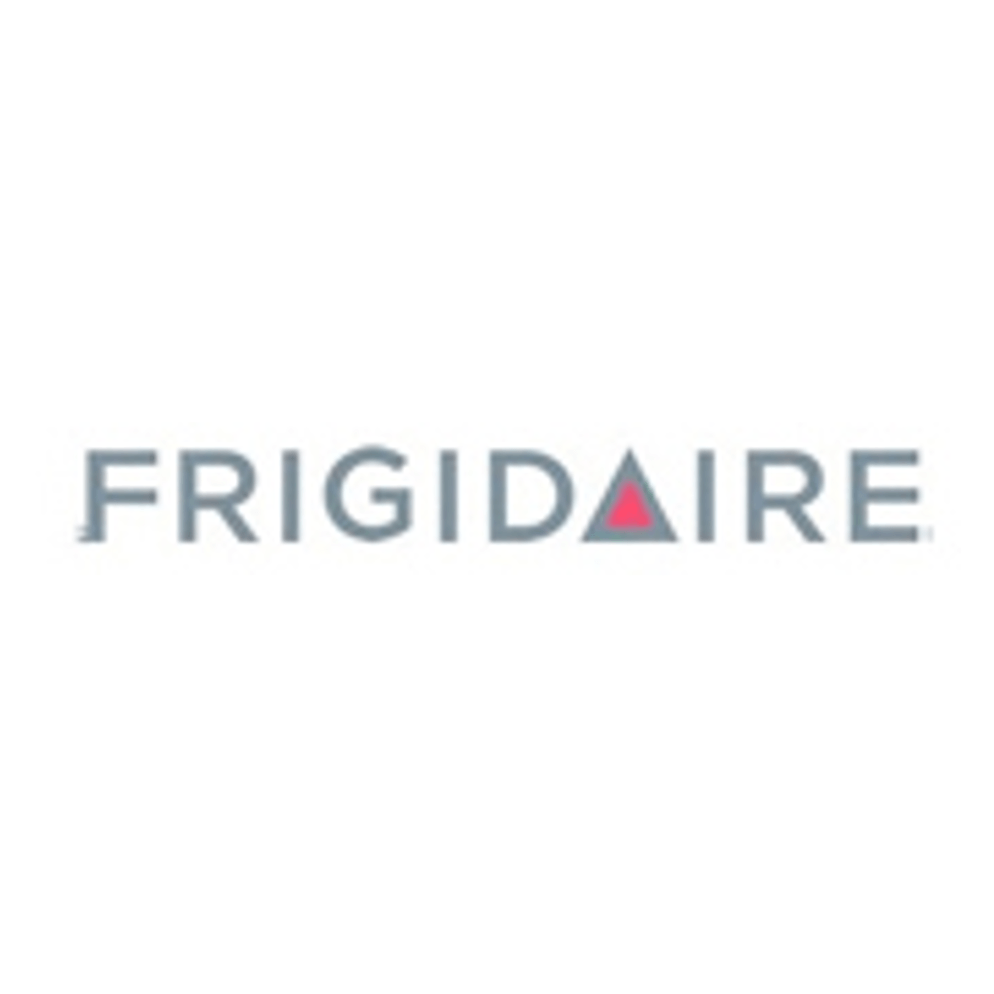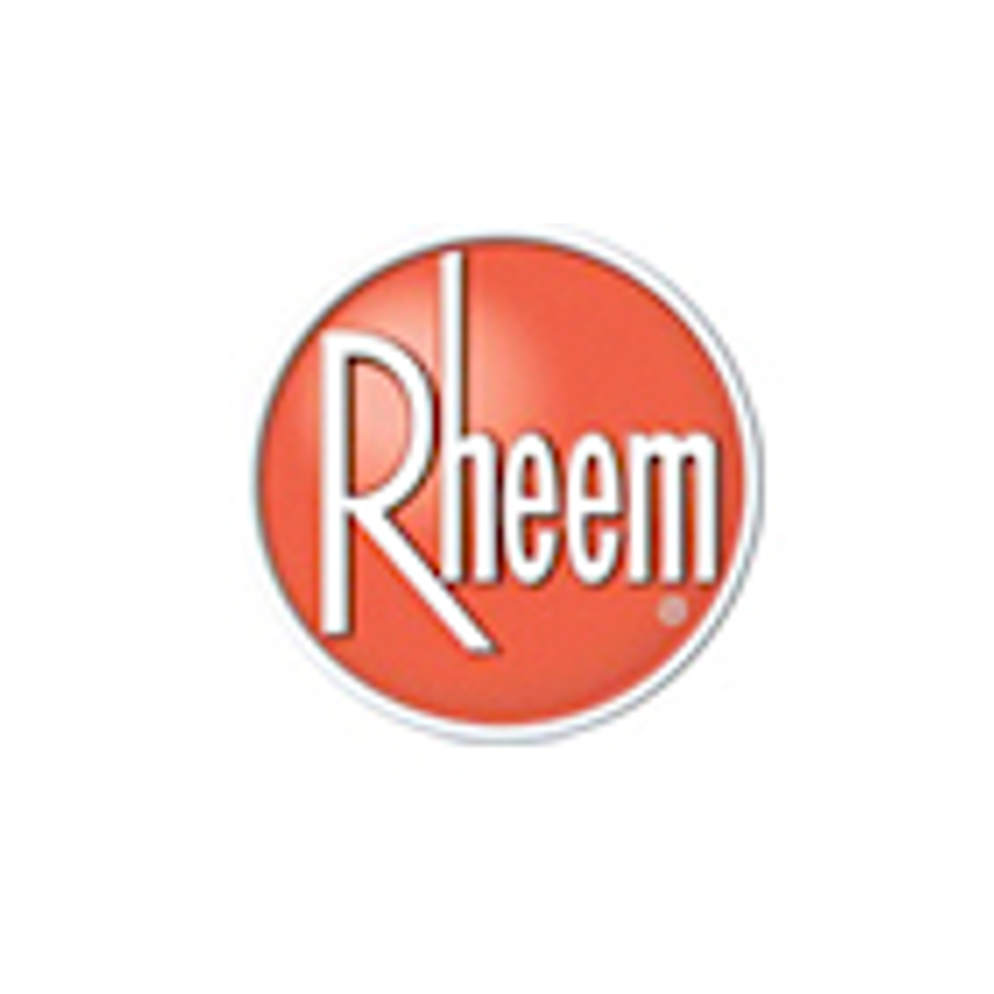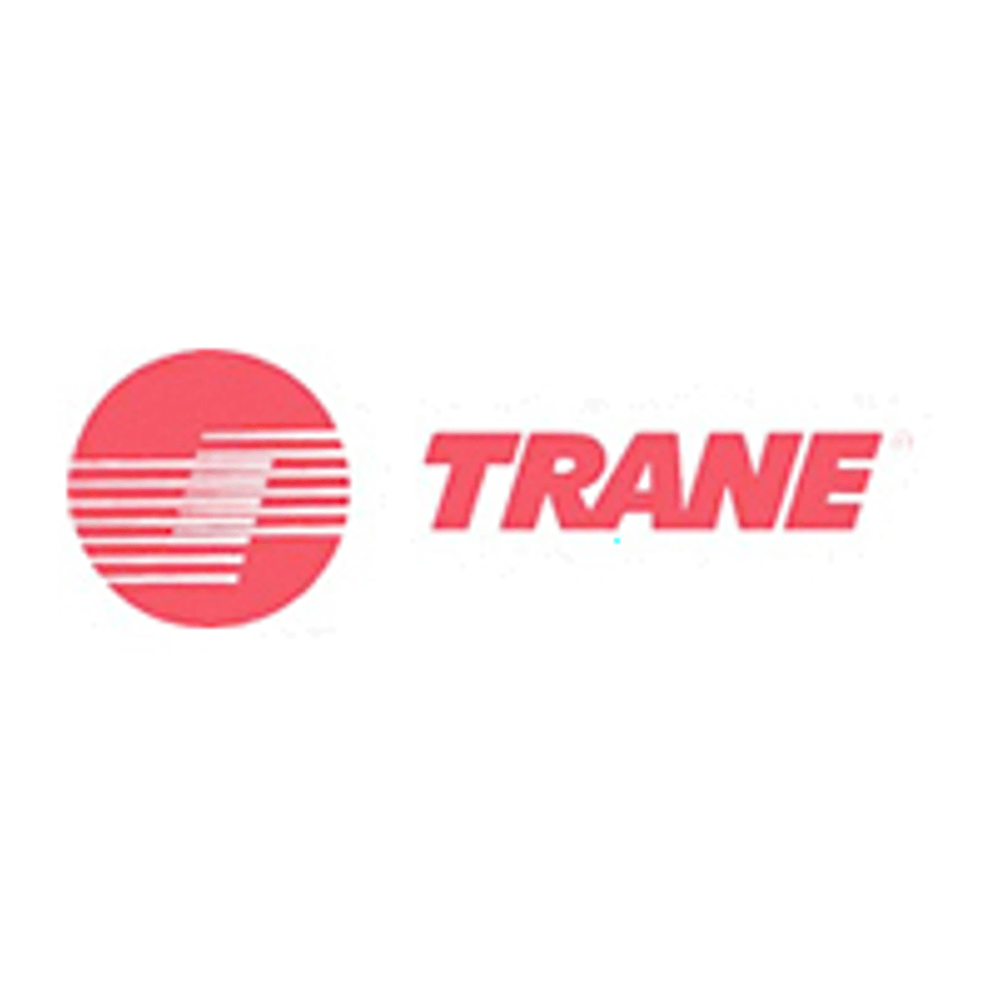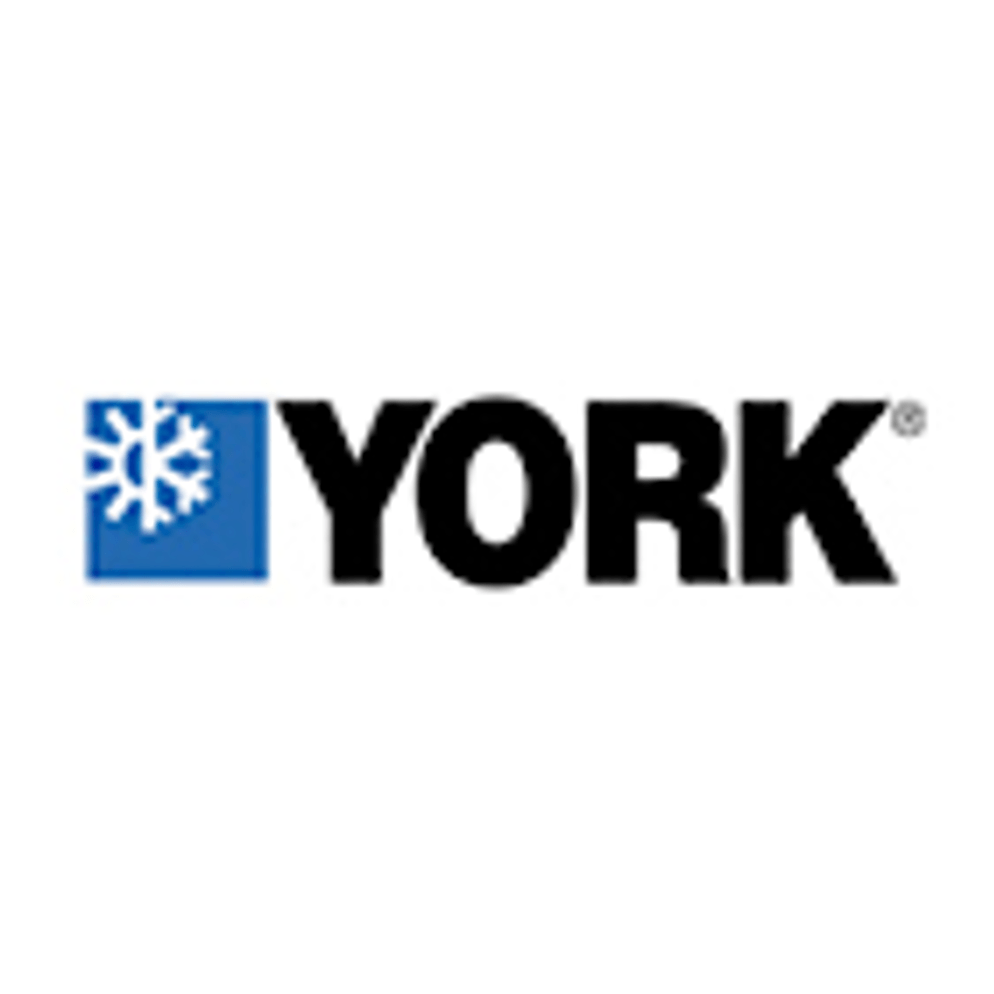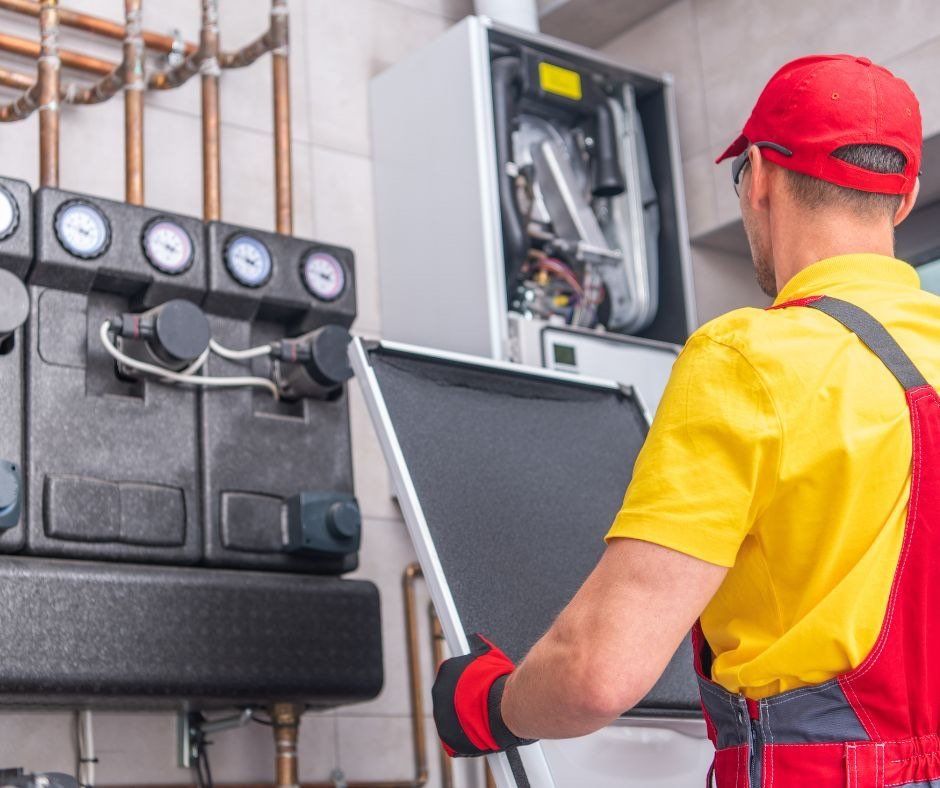How to Tame Winter Energy Hogs
A 2023 study found that the average Pennsylvania household consumes about 851 kWh per month, with an average monthly energy bill of $117. Several factors that we have little to no control over determine a home's energy consumption, such as weather, building construction, size, and number of occupants.
However, your home could also be wasting energy in ways that you may not be aware of and do have control over. We call them "energy hogs." Identifying and eliminating or limiting their impact on our energy consumption can significantly lower your energy costs and help the environment.
10 Energy Hogs and How to Tame Them
1. Clogged Air Filters
Dirty or clogged air filters reduce airflow, significantly reducing an HVAC system's efficiency. The solution is simple: inspect air filters monthly and replace them when dirty. According to the
U.S. Department of Energy, replacing a dirty air filter with a clean one can lower energy consumption by 5-15%.
2. Drafty Doors and Windows
The stack effect phenomenon occurs when outdoor temperatures are significantly colder than inside temperatures. The warmer (more buoyant) air inside presses upward and pulls the colder air from outside in, which causes warm air to leak out of drafty doors and windows.
According to
ENERGY STAR®, air leakage accounts for 25 – 40% of the energy used for heating and cooling.
Identifying and sealing some of the leaks in your home can improve your family's comfort and lower your heating and cooling bills.
3. Leaky Ducts
If you have a forced air heating system, air ducts carry air from your furnace to each room. Poorly sealed or uninsulated ducts can allow heated air to escape into unheated spaces and significantly increase heating and cooling bills. Sealing and insulating ducts help avoid energy loss.
4. Inadequate Insulation
Ideally, your home should be
adequately insulated from the roof to the foundation. According to the
U.S. Department of Energy, adding insulation to attics, floors, crawl spaces, and accessible basement rim joists reduces air leaks and can save you up to 20% on heating costs.
5. Under-Insulated Water Heaters
If your water heater is in a cold garage or basement, it has to work harder to heat the water, resulting in wasted energy consumption. According to the
U.S. Department of Energy, insulating a water heater could reduce heat loss by 25–45%, saving 7-16% water heating costs.
6. Old Appliances
Newer appliances – refrigerators/freezers, dishwashers, washers, dryers, HVAC systems, water heaters, etc. - are generally more energy efficient than older appliances, making old or outdated appliances energy hogs. For example, new
ENERGY STAR® certified dishwashers are approximately 10% more energy efficient and 20% more water efficient than standard models.
7. Out-Dated Lighting
As with older appliances, old incandescent lighting is less efficient than newer lighting. The
U.S. Department of Energy reports that residential LEDs use "at least 75% less energy and last up to 25 times longer than incandescent lighting."
8. Electronics
Electronics (TVs, computers, video game consoles, etc.) account for only 4% of a home's energy consumption. However, they made our list of energy hogs because electronics draw power even when turned off and unused. Unplugging electronics when not in use, deactivating standby mode and quick-start settings, shopping for ENERGY STAR® -certified electronics, and turning down screen brightness can help lower your home's energy consumption.
9. Wood-Burning Fireplace
You might think lighting a fire in your wood-burning fireplace would lower heating costs, but according to the Environmental Protection Agency (EPA), wood-burning fireplaces are very inefficient. Warm air can be pulled up the chimney, forcing your HVAC system to work harder to maintain constant temperatures throughout the house. Remedies include installing glass fireplace doors or a fireplace plug, keeping the damper closed when not in use, and limiting how often you use your wood-burning fireplace.
10. Appliance Use
Appliances are a necessary part of life today, but we often use them in ways that waste energy. Here are some tips to lower your appliances' energy consumption:
- Only run your dishwasher when it is full, and don't use the rinse hold or heated dry features
- Install low-flow faucets and showerheads
- Set your water heater's temperature to 120 degrees F or lower
- Don't let frost build up to more than ¼ of an inch in your freezer
- Don't overload your refrigerator, and regularly clean behind and underneath it
- Wash full loads in the washer, but don't overfill it
- Wash clothing with cold water
- Clear lint from the dryer after each load
Want to Save 10-30% (or More) on your Energy Bills?
The average HVAC system uses approximately 46% of a home's total energy consumption. According to the EPA, replacing your older HVAC system with a new ENERGY STAR® certified HVAC system could save you 10-30% on your annual energy bill. Want to save even more? Geothermal heat pumps are 45% more efficient than standard options.
Contact Us to Start Saving
Ultimate Comfort Heating & Cooling offers 5-star installation, maintenance, and repair and ENERGY STAR® qualified heating systems – including geothermal heat pumps. Call us at 610-750-8314 or connect with us online for a FREE Comfort Analysis. Estimates and consultations for new systems are provided FREE of charge.

